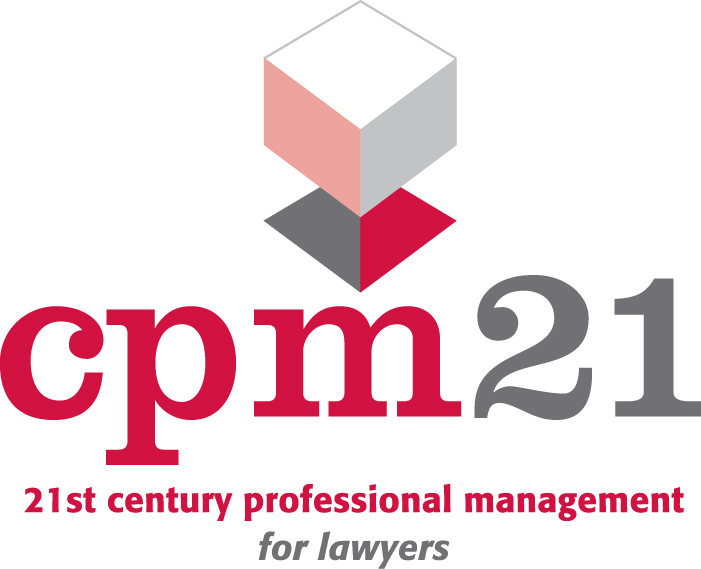The Importance of Benchmarking Performance for Law Firms

“How can I improve the financial performance of my firm, and get ahead of the competition?” – A question all Managing Partners should be asking themselves now, particularly with the UK economy and consumer spending being squeezed.
In this article Ian Hopkins Senior Associate Consultant at cpm21 considers the benefits of benchmarking as a tool to improve performance in law firms.
The answer to the question is to carry out a benchmarking exercise to compare your firm’s performance to similar law firms as a starting point.
The aim of a benchmarking exercise should be to drive continuous improvement in your firm, something all law firms should aim for.
It will involve identifying key metrics, assessing where you currently are, determining where you want to be and creating an action plan to achieve your goals.
The 5 stages of a successful benchmarking exercise
- Be clear about what you want to benchmark – Define the activities you’re benchmarking. For example, are you comparing turnover, profit, people, working capital, IT spend, marketing costs or other potential Key Performance Indicators for your business.
- Collect the relevant data – This is an area where many law firms struggle, simply because they are unable to extract the data from their Practice Management System. If you are struggling to access the relevant data, speak with your Practice Management System provider who should be able to assist you.
- Analyse the data – Assess the current level of performance against legal sector standards such as The Law Society Leadership and Management Section Financial Benchmarking Survey and the Crowe in Partnership with the ILFM Benchmarking Survey. Certain national accountancy firms also have useful performance data that they publish which is freely available on their websites.Once you have carried out your analysis, display the data using graphs and other visual techniques to get your message across. In my experience lawyers prefer financial management information displayed via graphs as opposed to rows of figures.
- Develop a SMART action plan – Identify the steps that your management team will take to improve performance and set SMART goals and objectives with built in milestones that will make your firm more competitive, once achieved.
- Monitor progress – Check progress at regular intervals to ensure you are on the right track and adjust where appropriate.
To reap the benefits of a benchmarking exercise a law firm will need to consistently measure key activities over a period, to ensure progress is being made towards their desired goal – ideally it should not be a one-off exercise.
Those law firms that make benchmarking a regular practice will reap tangible benefits that will reward the effort.
Benchmarking will help law firm leaders improve multiple areas of business operations, simply by measuring progress and giving you a clear goal to strive for. For example, I’m aware of benchmarking exercises that have resulted in significantly lower PII premiums and improved working capital management both of which have resulted in improved cashflow for the firms involved.
Another benefit is that benchmarking will also make you think about your competitors’ practices, understanding what they’re doing that makes them successful, and whether that will work in your firm.
In my experience benchmarking is an invaluable tool to drive performance improvement. It will focus law firm leaders’ attention by identifying areas of weakness and where you need to begin improvements to drive competitiveness and profitability in your firm.
If you would like to discuss any of the themes raised in this article please contact Ian Hopkins, Wayne Williams, or Paul Jones of cpm21.




